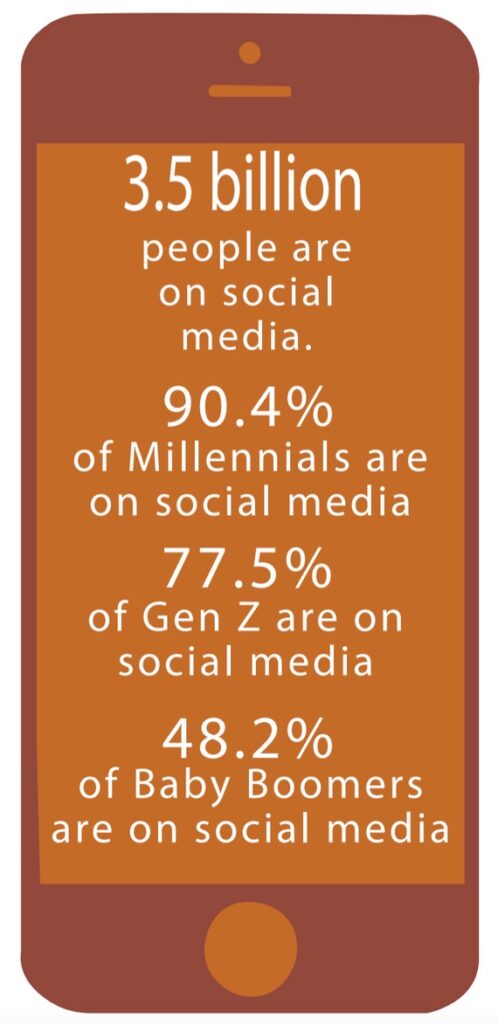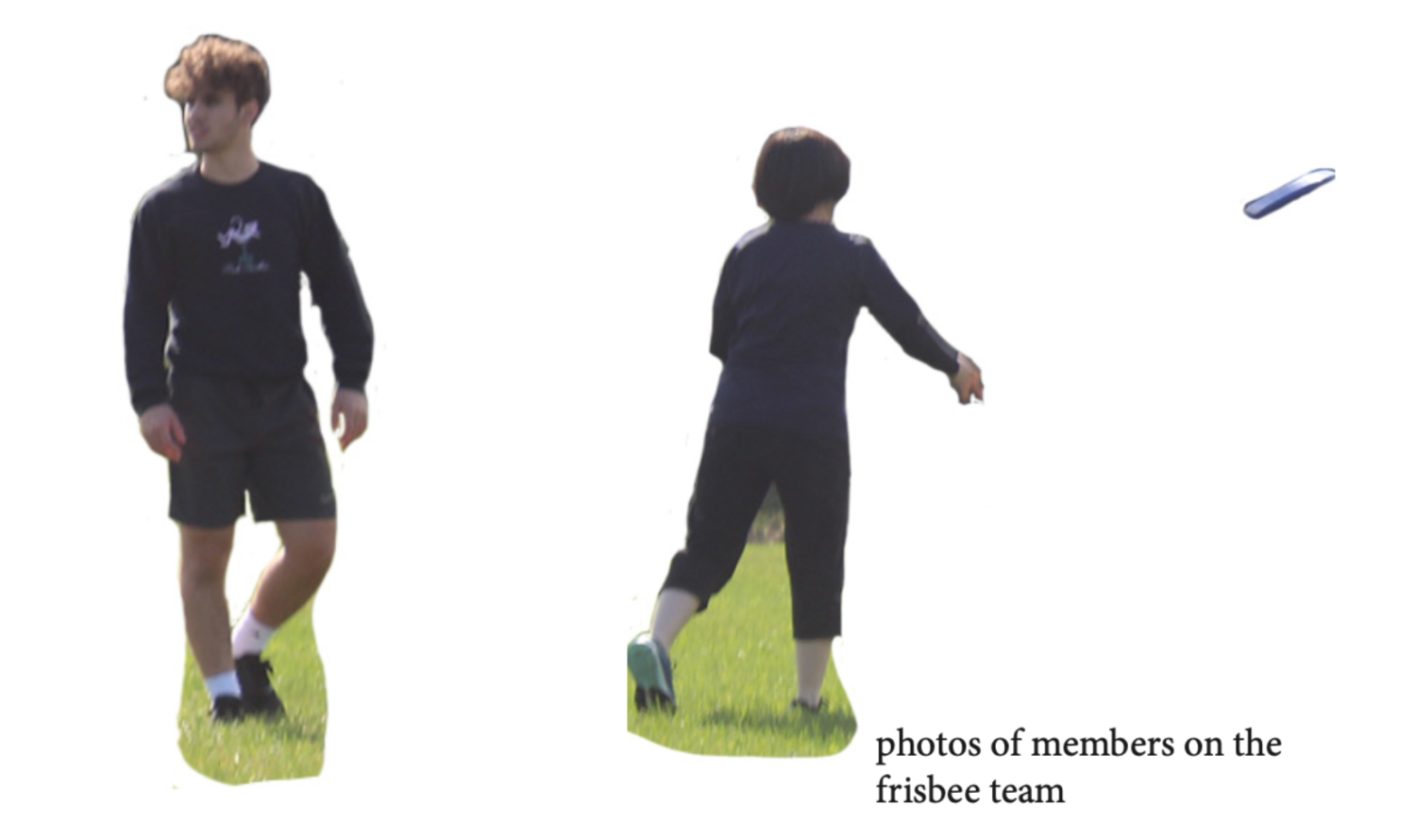
permission to print image: Gale
Imagine a world where social networking did not exist. No Instagram, Facebook, YouTube, or Twitter. “The Social Dilemma”, a 2020 film directed by Jeff Orlowski, explores the consequences of the world’s growing reliance on social media and can be found on Netflix. It covers the concerns of privacy in today’s tech-obsessed world and how these algorithms are slowly changing the way we think.
I have social media accounts that are used regularly and even spend time on some of these platforms on a daily basis. So, when I watched this documentary, I was exposed to some factors that I had never considered before. Former employees at these social media companies spoke out on the changing dynamics of technology.
The tech industry, once intended to serve as a means to create relationships and reconnect people, has changed in a negative way. It now affects the mental health of people across the nation, especially young children and teens, who have been programmed to pursue the idea of perfection that is displayed across phone screens. In this film, these industrial insiders confess that their good intentions have done more harm than good.
It is explained through this movie that these sites track consumer data, from the amount of time spent studying a post to consumers’ search history in order to maximize their profits. It is through this technique that they are able to generate recommended posts, advertisements, and improve their algorithms so that they grab consumers’ attention. They have three main goals: engagement, growth, and advertising.
I had never previously truly considered where these recommendations came from. I knew that they were created through my social media activity, but did not realize that they were created to profit off of the amount of time I spend on these sites. And the more hours I spend on my phone, the more money they earn.
The film also captures the reality of the news that we receive online. Consumers are more likely to be captured by flashy headlines and sensationalist articles that are not necessarily accurate, which then take them down the rabbit hole filled with more of these types of stories. They may also be biased, which can strengthen the divide between those who believe in widely differing opinions, such as those who support and oppose vaccinations.
Tristan Harris, who was a former design ethicist for Google and is now the founder and president of the Center for Humane Technology, presents this dilemma in the documentary. He acknowledges that these widely used platforms are highly addictive, and the reason for this dependency on social media can be attributed to the employees behind it. The creation of the like button and many different notifications have instilled a link to short-term gratification, which consumers can activate through opening apps and links.
Overall, I found this movie very interesting, as it has opened up a new world of questions behind privacy concerns and the logistics behind these highly addictive platforms. I would definitely recommend this film, as I rate it a 4.5 out of 5 stars and believe it will benefit anyone who decides to watch it. The next time I reach for my phone, I will reevaluate my actions.



